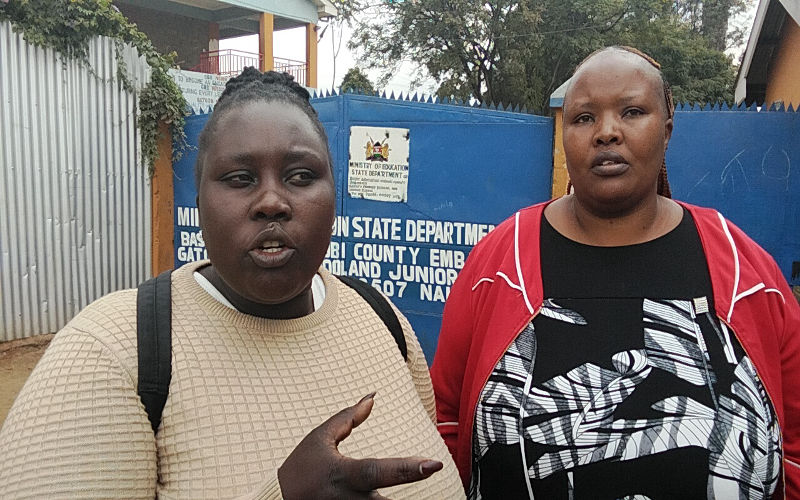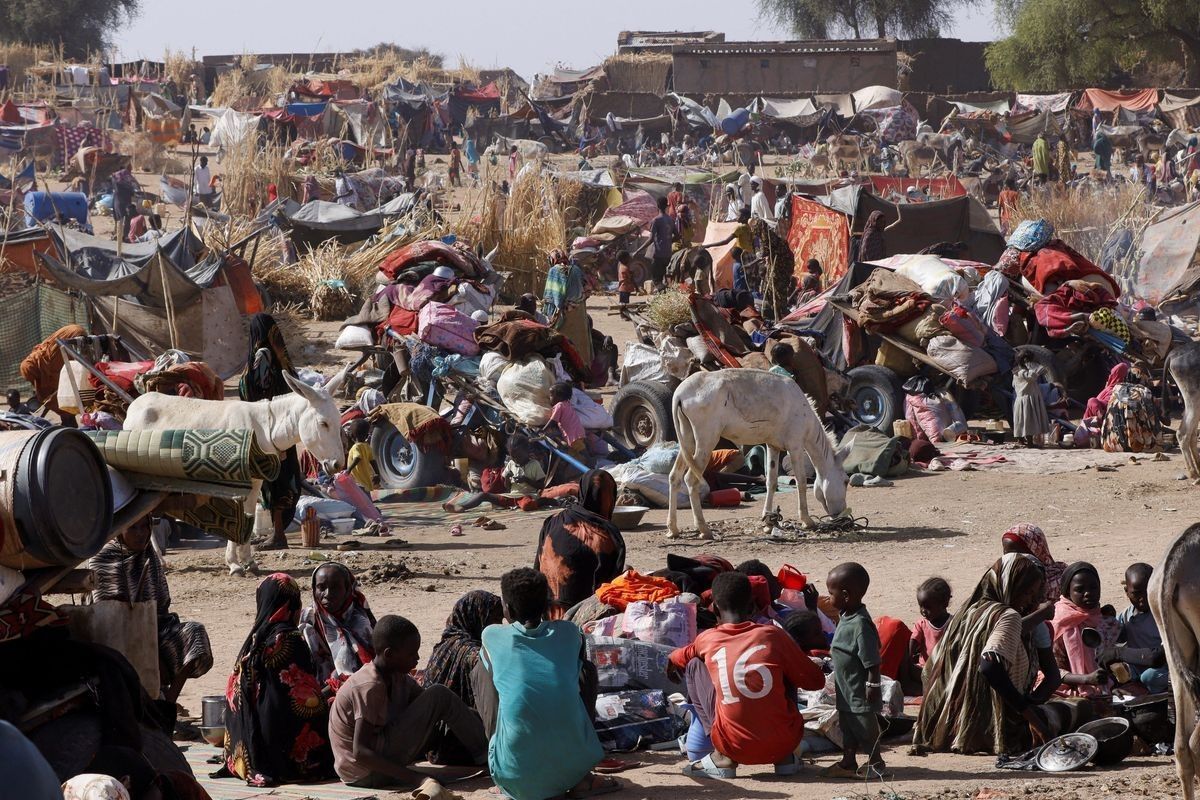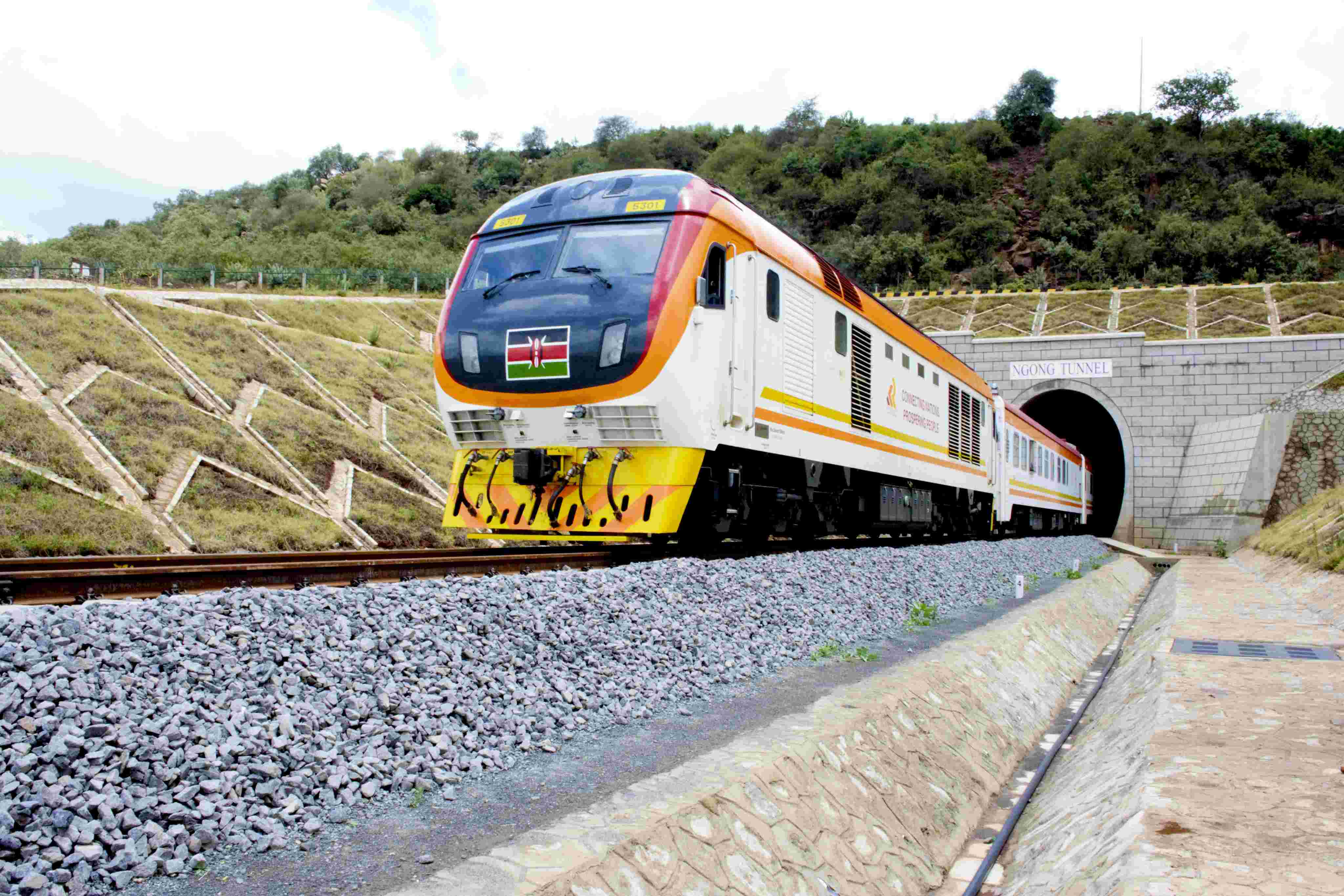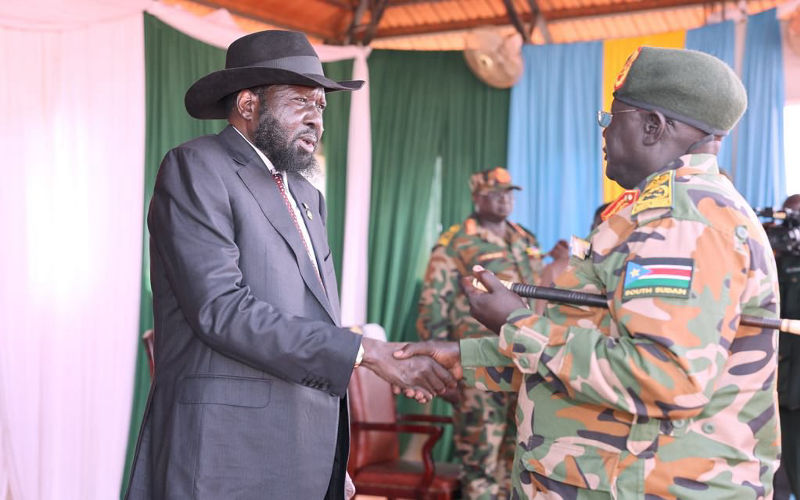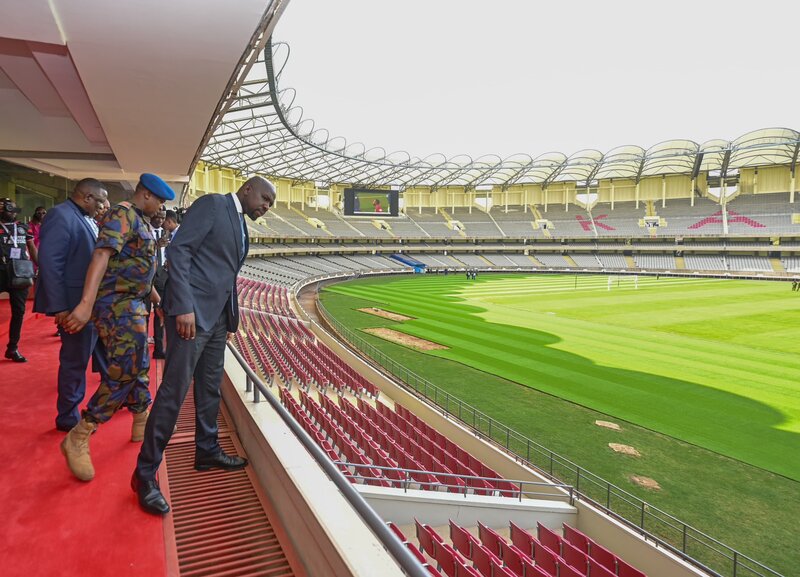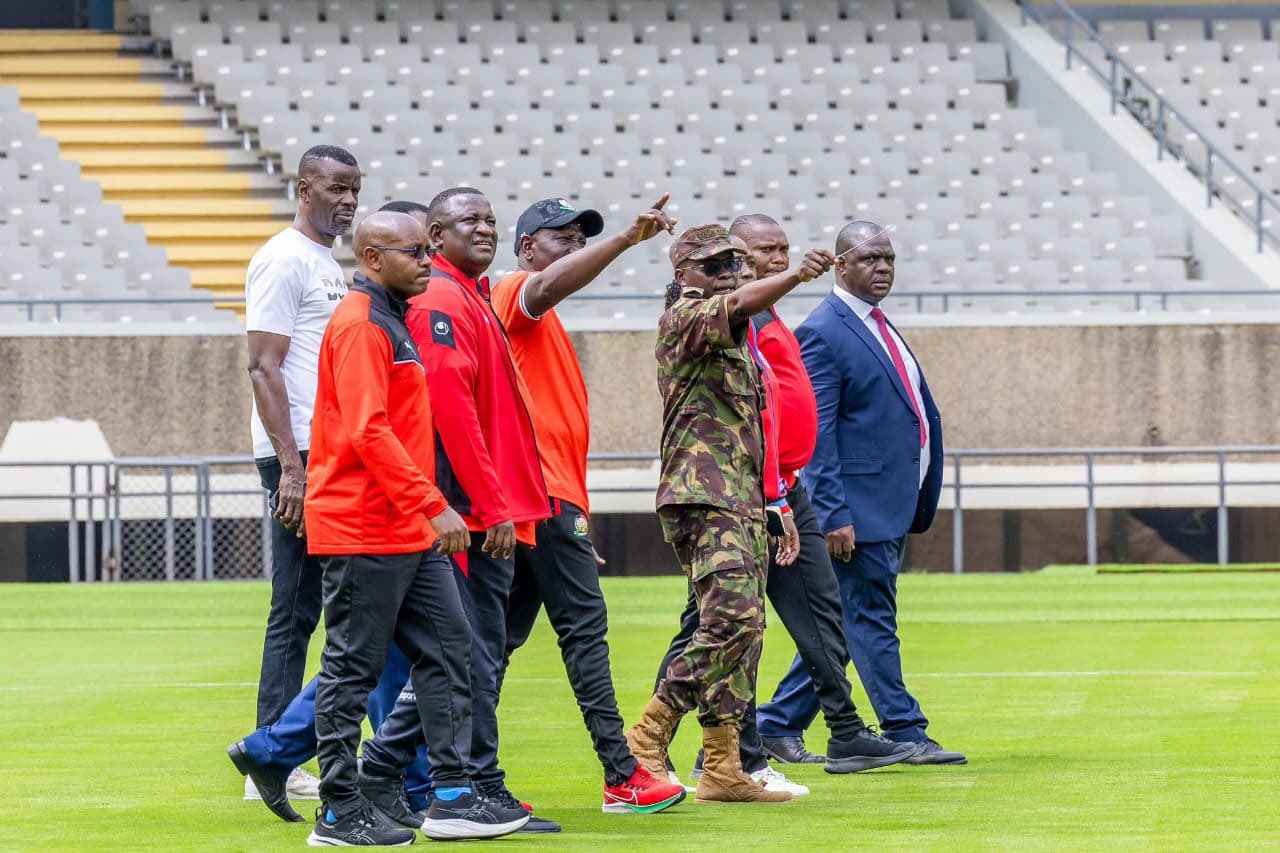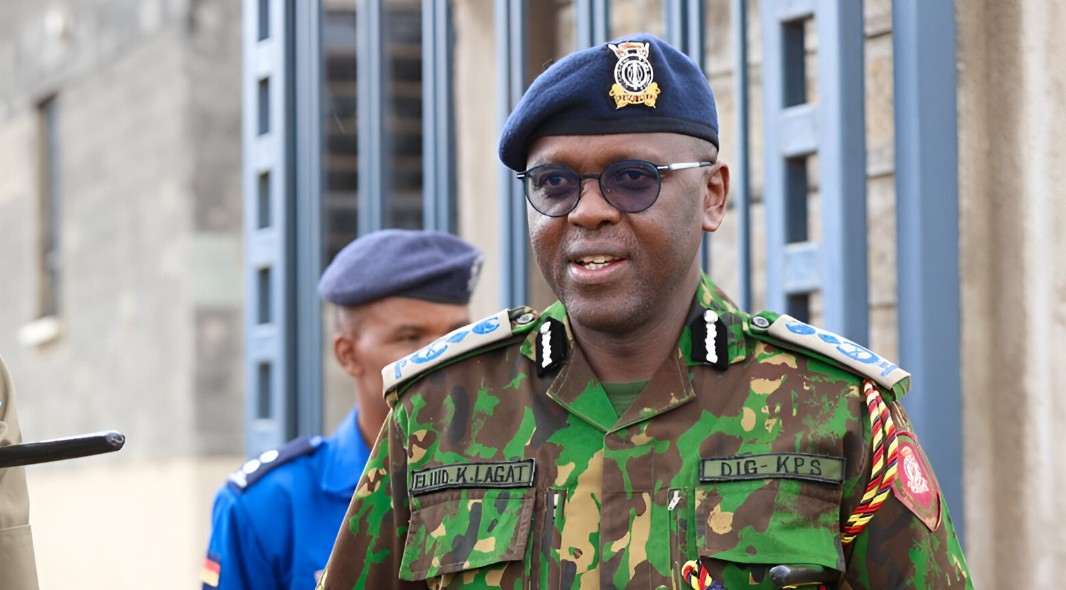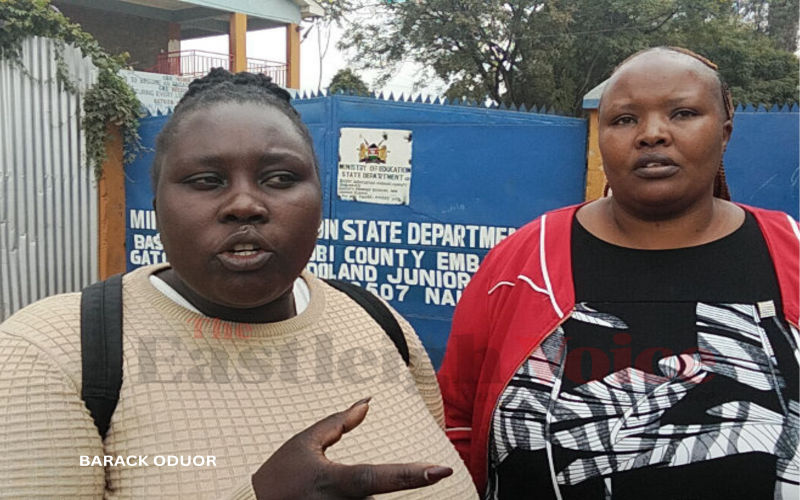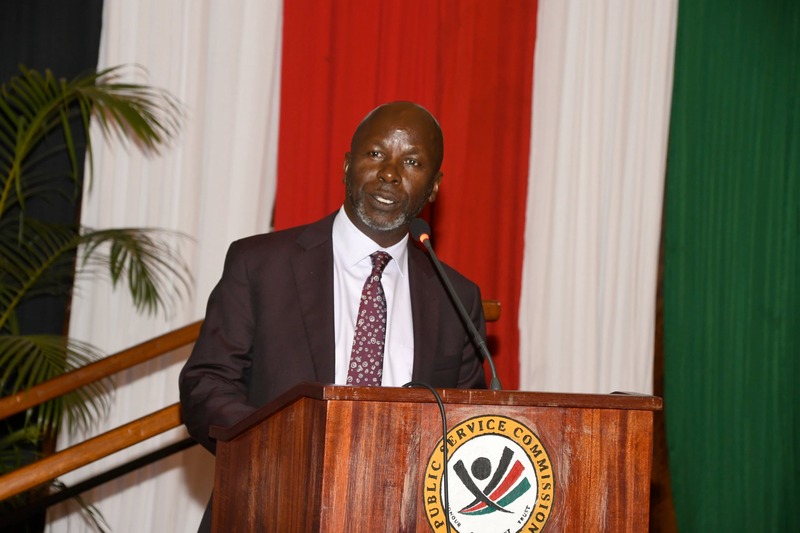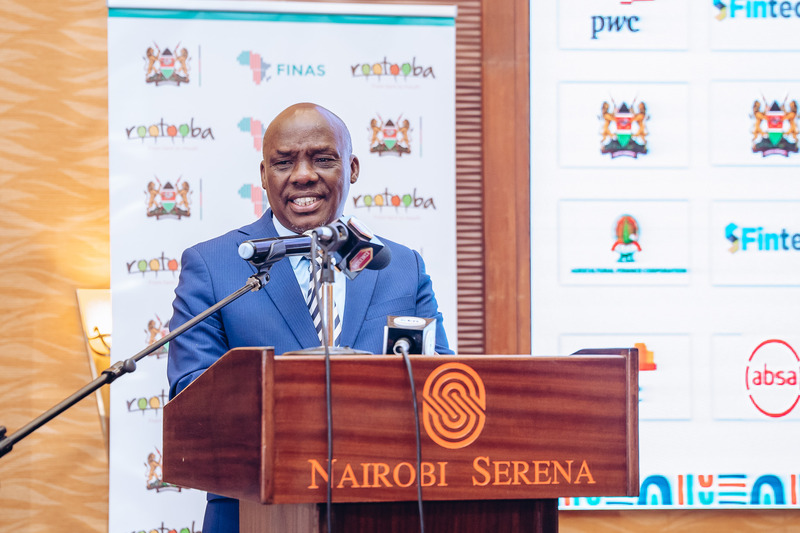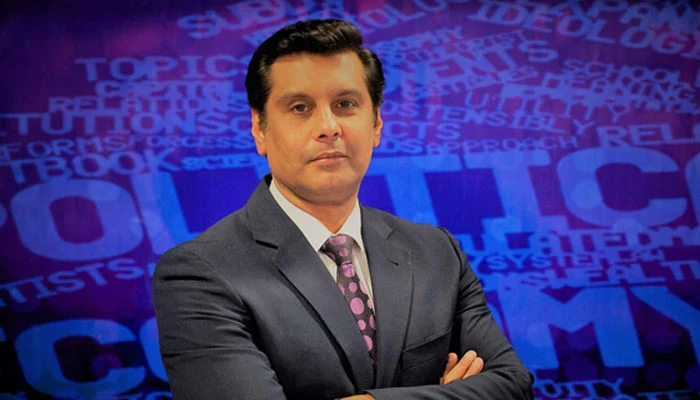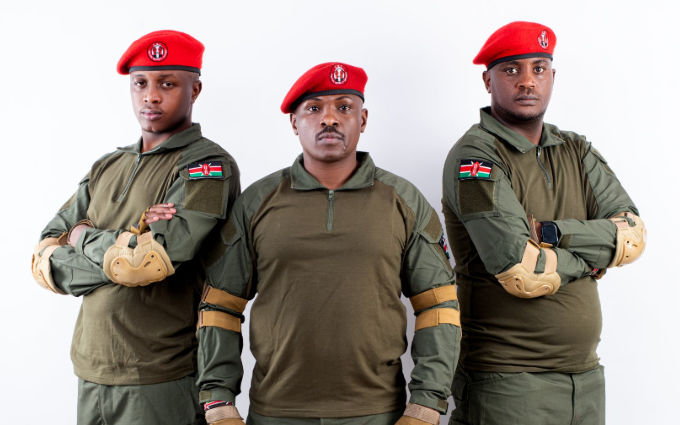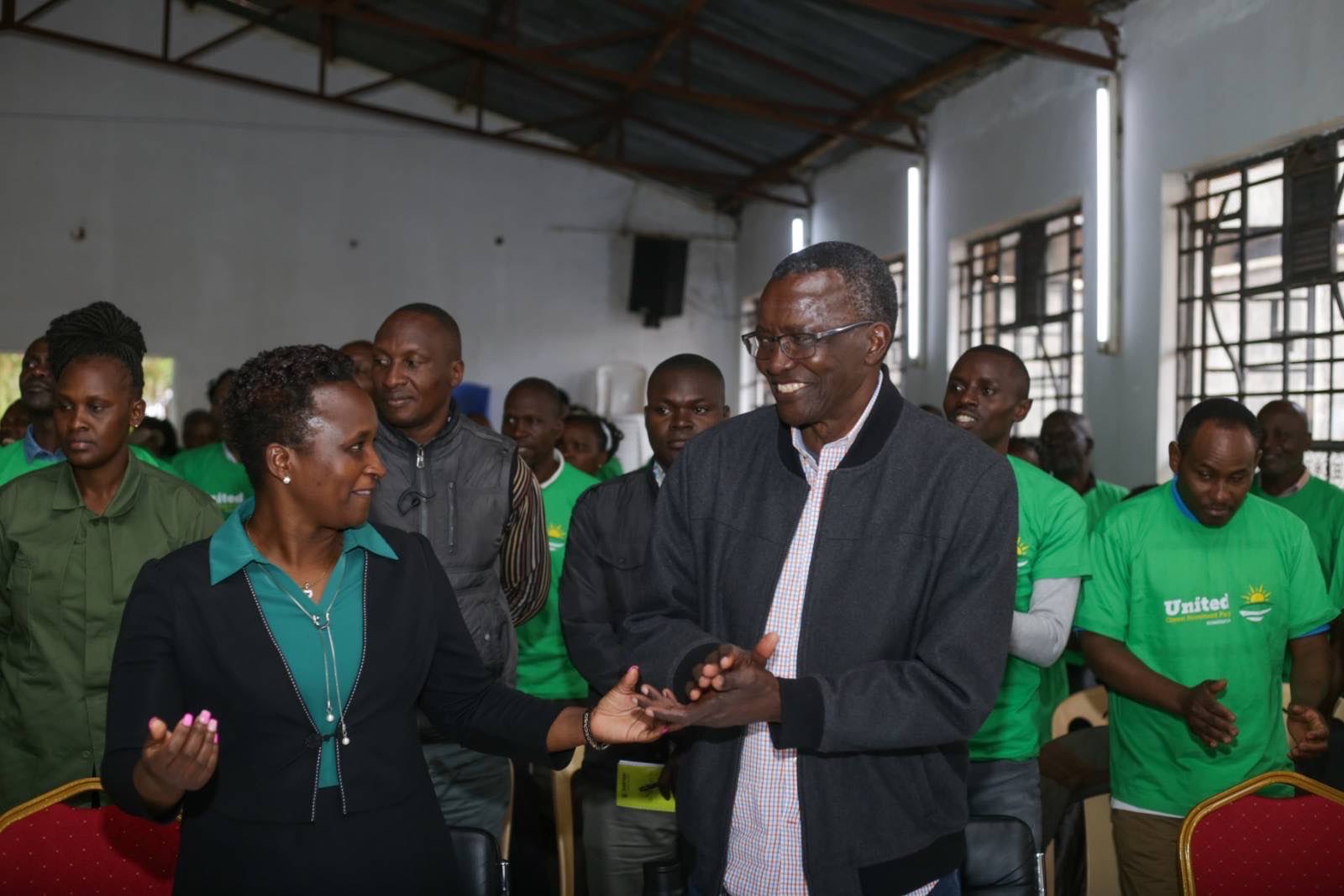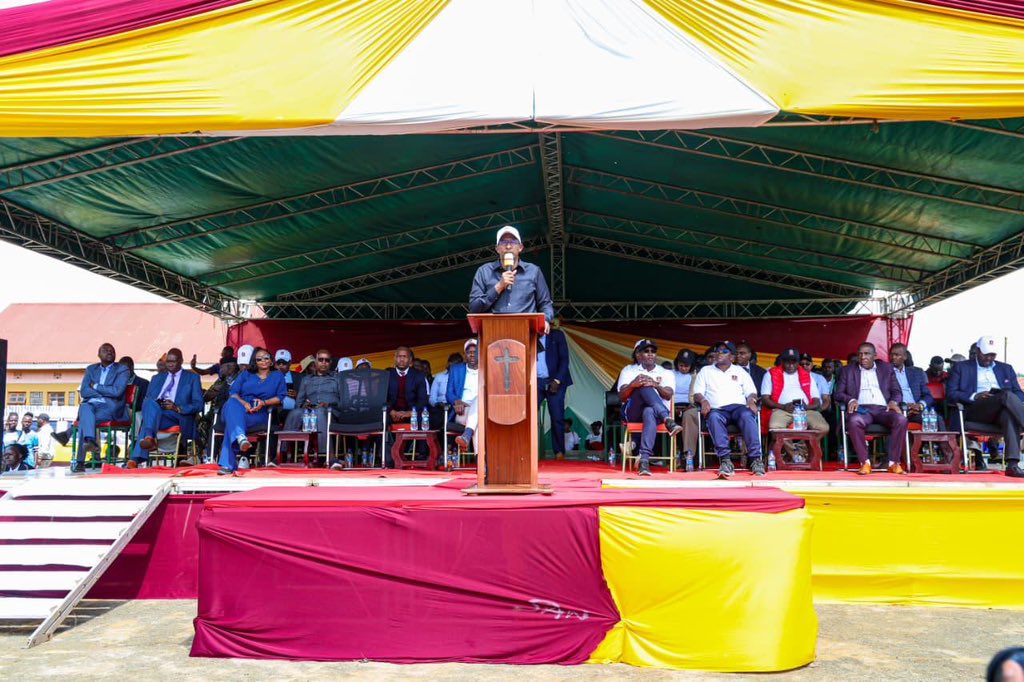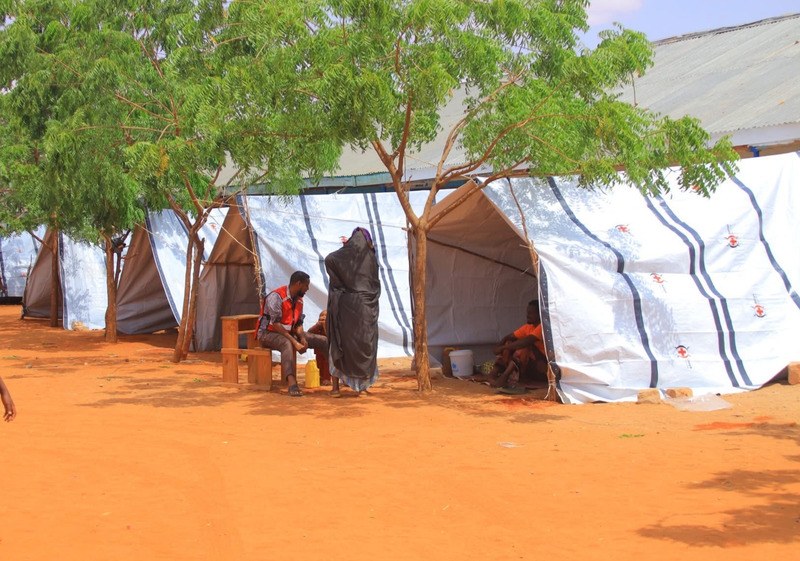ICC prosecutor seeks arrest of Myanmar military leader over Rohingya campaign
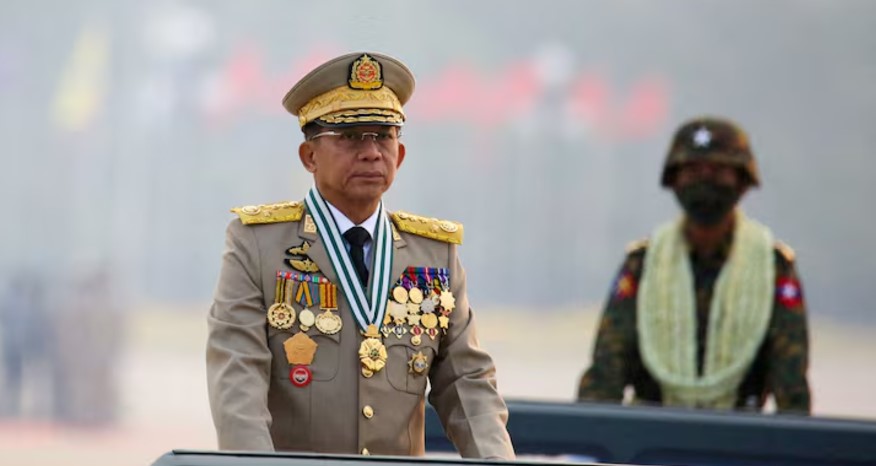
The ICC has issued several arrest warrants for serving national leaders including Netanyahu, Russian President Vladimir Putin and Sudan's Omar al-Bashir.
The prosecutor of the International Criminal Court (ICC) said on Wednesday he would seek an arrest warrant for Myanmar's military leader Min Aung Hlaing for crimes against humanity in the alleged persecution of the Rohingya, a mainly Muslim minority.
A spokesperson for Myanmar's ruling junta did not answer calls from Reuters immediately after the announcement. Reuters has requested comment from the military government by email.
More To Read
- Murkomen: I won’t be intimidated by ICC threats or anarchists
- Sudan calls for end to UN probe on war crimes
- Two ex-militia leaders in Central African Republic sentenced for war crimes, crimes against humanity
- ICC finds evidence of war crimes, sexual violence in Darfur
- Washington address: Ex-DP Rigathi Gachagua vows to take Ruto to ICC over killings, abductions
- Kenya’s opposition vows to take Ruto to ICC over extrajudicial killings, abductions
A million Rohingya fled, most to neighbouring Bangladesh, to escape a Myanmar military offensive launched in August 2017, a campaign that UN investigators have described as a textbook example of ethnic cleansing.
Soldiers, police, and Buddhist villagers are alleged by UN investigators to have razed hundreds of villages in the remote western Rakhine state, torturing residents as they fled, carrying out mass killings and gang rapes.
Myanmar has denied the allegations, saying security forces were carrying out legitimate operations against militants who attacked police posts.
More than one million refugees now live in squalor camps in Bangladesh.
The prosecutor's step marked a rare day of celebration for the Rohingya, said Tun Khin, president of Burmese Rohingya Organisation UK.
"We have finally taken another step towards justice and accountability," he said.
Zin Mar Aung, the foreign minister for Myanmar's shadow, National Unity Government, called the application a critical moment in history.
"He must be held fully accountable for every innocent life he has destroyed and the families he has torn apart," she said in a social media post.
A panel of three judges will now decide if they agree there are "reasonable grounds" to believe General Min Aung Hlaing bears criminal responsibility for the deportation and persecution of Rohingya in Myanmar and Bangladesh.
No set time frame
There is no set time frame for their decision but it generally takes around three months to rule on issuing an arrest warrant.
The ICC prosecutor's move comes as his office faces intense political backlash from Washington, among others, over its arrest warrant for Israeli Prime Minister Benjamin Netanyahu and his former defence chief Yoav Gallant.
The prosecutor's office said in a statement that it was seeking the warrant after extensive, independent and impartial investigations. More applications for arrest warrants relating to Myanmar will follow, it said.
Myanmar is not a member of the treaty-based ICC, but in 2018 and 2019 rulings judges said the court had jurisdiction over alleged cross-border crimes that partially took place in neighbouring ICC member Bangladesh, and said prosecutors could open a formal investigation.
"This is the first application for an arrest warrant against a high-level Myanmar government official that my Office is filing. More will follow," the ICC prosecutor's statement said.
Five-year investigation
The ICC has been investigating crimes against the Rohingya for nearly five years. Its investigation has not only been hampered by a lack of access to the country but also because Myanmar has been in turmoil since the military ousted an elected government led by Nobel laureate Aung San Suu Kyi in 2021, sparking a resistance movement that began as peaceful protests and later evolved into an armed rebellion on multiple fronts.
Investigators drew upon a wide variety of evidence from witness testimonies, including from several insider witnesses, documentary evidence and authenticated scientific, photographic and video materials, they said.
"The ICC prosecutor’s decision to seek a warrant against Sr. Gen. Min Aung Hlaing comes amid renewed atrocities against Rohingya civilians that echo those suffered seven years ago," Maria Elena Vignoli, senior international justice counsel at Human Rights Watch said.
"The ICC’s action is an important step toward breaking the cycle of abuses and impunity that has long been a key factor in fuelling the military’s mass violations."
With 124 member nations, the ICC prosecutes individuals for war crimes, crimes against humanity, genocide and aggression. With no police force to make arrests, it relies on cooperation from states.
"The ICC will be challenged to get Min Aung Hlaing in custody. As a notorious hermit state and military ruler, he does not travel and thus will not find himself in the territory an ICC state party," said Melanie O'Brien professor of international law and president of the International Association of Genocide Scholars.
Global powers the United States, Russia, China and India have not signed onto the ICC. It is backed by all of the European Union, Australia, Canada, Britain, Brazil, Japan and dozens of African and Latin American countries.
The ICC has issued several arrest warrants for serving national leaders including Netanyahu, Russian President Vladimir Putin and Sudan's Omar al-Bashir.
So far, only one sitting head of state, former Kenyan president Uhuru Kenyatta, who was charged by the ICC before he was elected president in 2013, appeared in court to face charges. The case was later dropped.
Top Stories Today
